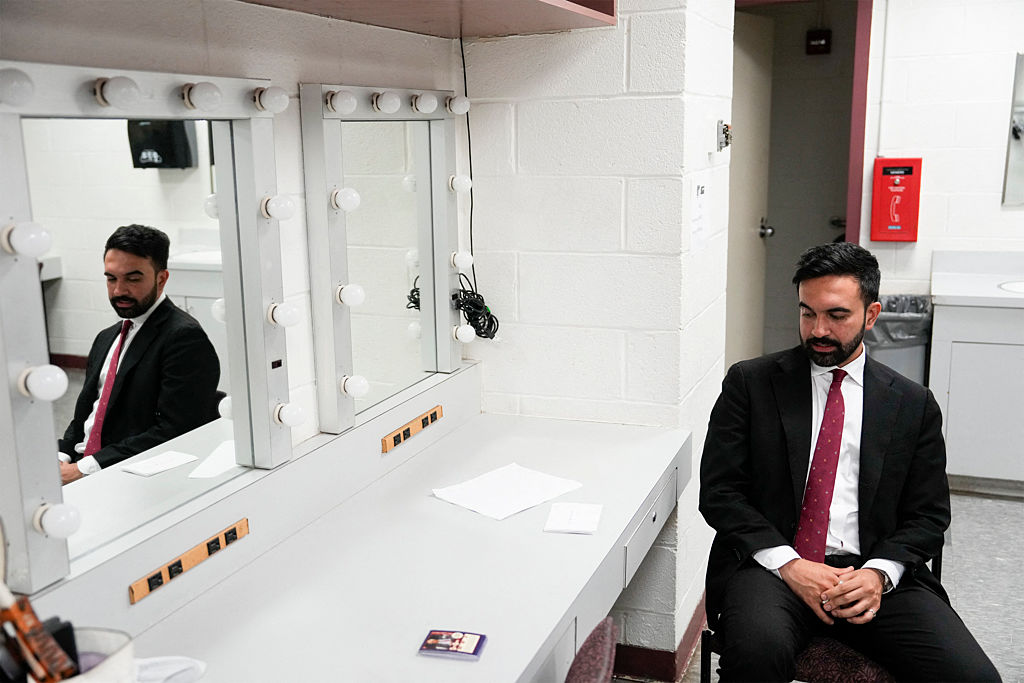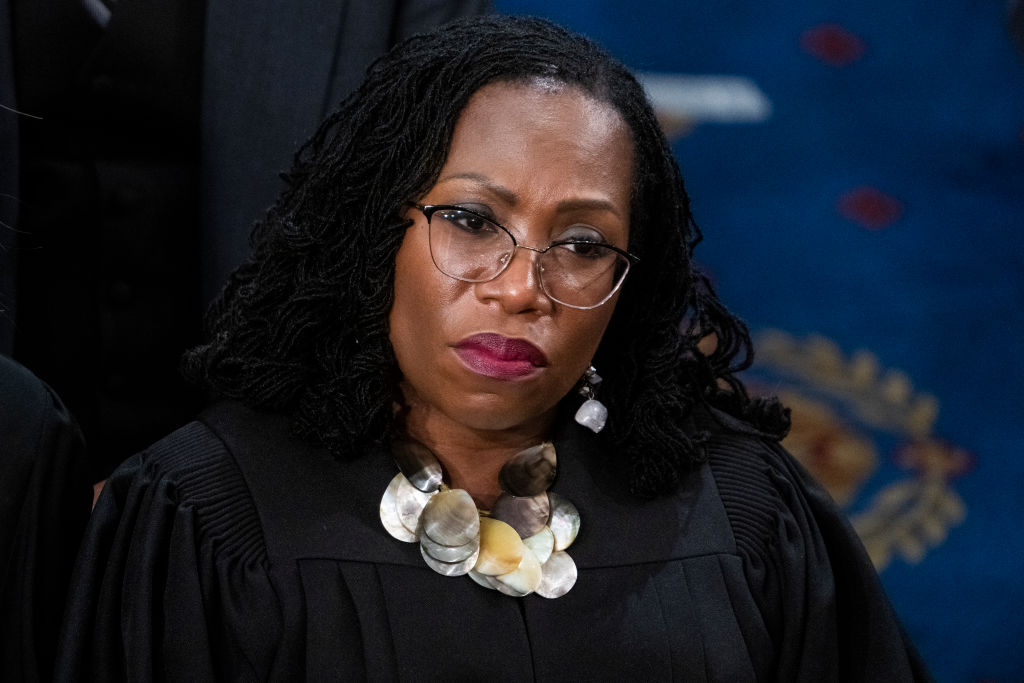If you’re a professor at the University of Memphis, you are required to sit through a Diversity, Equity, and Inclusion training where you’ll learn that you should send polite emails and what basic words like “skills” and “motivation” mean. And taxpayers get to foot the bill!
The taxpayer-funded school’s Diversity, Equity and Inclusion, or DEI, requirements, obtained in full by The Spectator, are expected to take twenty-six minutes. Professors learn about every kind of diversity (from diversity of “spiritual practice” to “public assistance status”) except political.
“Diversity is generally defined as acknowledging, understanding, accepting, valuing, and celebrating differences among people with respect to: age, class, ethnicity, gender, physical and mental ability, race, sexual orientation, spiritual practice and public assistance status,” the seminar states.
The stakes are high, the program warns. “The consequences for failing to create a respectful environment are clear: human suffering and unnecessary conflict that take up a lot of time and energy.”
At times, the lessons were comically childish. One Memphis professor told me the sessions were “infantilizing.” I went through the entire DEI programming myself and can confirm that it seemed more like it was geared towards kindergartners in San Francisco than professors in middle America.
The seminar promises that “by the end of this course you will be able to define diversity, identify behaviors that contribute to a hostile work environment, examine strategies to increase your diversity awareness.” The Memphis professor warned me that the seminars were “patronizing,” and he was right — at times comically so. In one seminar, we learned about email etiquette. “Before you send any email to anyone, always read through the message to make sure you will not offend the recipient.” Thanks!
In another seminar, we learned what complicated words like “motivation,” “skills” and “active listening” mean. In another instance, we were told to “avoid sarcasm,” lest we be accused of discrimination. We were also told that we should at times avoid eye contact when we are conversing with members of cultures that don’t like eye contact. This is because we are told we must practice “cultural relativism: the idea that we should view others’ cultures through their lens and not our cultural lens.” We learned what this term means with text overlaying an Indian woman on a boat.
The irony of the required program explaining basic definitions wasn’t lost on the professor. “They explain mundane terms like ‘culture’ to well-educated people, but then change the definition of ‘racism’ in a casual way to make it seem like what they’re saying isn’t radical CRT praxis.” Here he’s referring to one of the post-lesson quizzes where “racism” is defined as being different from prejudice and discrimination because of “oppression.” I would note that anyone who casually uses “praxis” in a sentence probably doesn’t need to have terms like “skills” defined to them. For those who want to make their own diversity seminars at home, notice that the “cultural relativism” slide appears to be a picture of the Ganges River with a woman photoshopped over it.

These trainings were hosted by Vector Solutions. The diversity seminars saved the best for last, quizzing the University of Memphis’s quiz givers about what they learned. It went through three unbelievably cheesy workplace scenarios and gave professors two options to pick what the correct answer was. At a time when ChatGPT is writing papers for students, it’s hilarious that professors are given a 50 percent chance of getting these questions right even if they didn’t read them.
If they did read them, they would probably scoff. In the first scenario, an older mechanic is angry that there are so many younger mechanics at his shop. What should Frank the mechanic do? “Give his new coworkers a chance” or “isolate himself from his younger coworkers.”
If you guessed give his new co-workers a chance, you’re right! This training wants professors to remember that if Frank “continues to assume the worst and acts on these feelings [of prejudice], he will be demonstrating the very stereotyping he’s presuming his co-workers will have towards him.”
In the next scenario, Barry feels “uncomfortable with being the only man in the room” in is female-filled office. Should Barry “choose a seat at a separate table” or “ask the group if he could join them for lunch.” If you guessed give them a chance, you are right — after all, the women “may even become close friends of [Barry’s].”
Finally, we meet Cassandra, whose two coworkers are “making rude and insensitive comments about” her coworker who has to miss work for religious reasons. Should Cassandra “step in and mention alternatives to having the meeting on Friday” or “mind her own business”? You guessed it! “Cassandra should step in and mention alternatives to having the meeting on Friday to accommodate Marie’s religious holiday.”
Cruelly, even professors who are about to retire are still required to take these seminars. “Those who are retiring after April 30, 2023 are still required to complete these trainings,” the school’s Office of Institutional Equity told professors in an email The Spectator obtained.
These trainings help provide a helpful glimpse into the DEI Industrial Complex. The Memphis professor lamented to me that at his school, “students are paying more in tuition and improvements and repairs are being cut. But, programs like the Office of Institutional Equity not only survive budget cuts, but seem to be created amid them. It should send a clear signal to the taxpayer that university administration prioritizes their indoctrination agenda to actual education.”
The author of the DEI seminar is Tammy L. Hodo, who was a visiting assistant professor before she founded All Things Diverse. Her academic creds weren’t immediately obvious when the Memphis professor looked a little deeper. “When I looked into the author of the course, I couldn’t find a credible article she’s published,” he told me. “She seems to have gotten her doctorate, skipped establishing herself in academia and went straight to building a business creating DEI courses, giving keynote speeches and lecturing thousands on her new meaning of racism. The grift there is absolutely outstanding.”
The University of Memphis sits in one of the reddest states in America, yet is constantly on the front lines of pushing programming at odds with the Tennessee taxpayers who keep it afloat. In the past, my reporting on how the school was bribing professors to inject the school’s principles of social justice into their courses led to Governor Bill Lee calling the school and axing the program. However, Memphis’s left-wing bureaucratic deep state has continued since then.
Cherise Trump, whose group Speech First recently rolled out model legislation to combat DEI in classrooms, told me that “by mandating DEI seminars for all faculty, the University of Memphis is using coercion to actively suppress viewpoint and academic diversity, intellectual exploration and equal opportunity for those that dare question the prevailing orthodoxy. ”
Trump’s remarks echo the point made by the Memphis professor. “In reality, these seminars divert much needed resources and attention away from a department’s academic rigor and actually encourage the exact opposite of what DEI claims to stand for,” she said.
The final seminar concludes with the lecturer telling listeners that they are welcome to “repeat this course if needed.” I doubt there will be many who take her up on the offer.

























